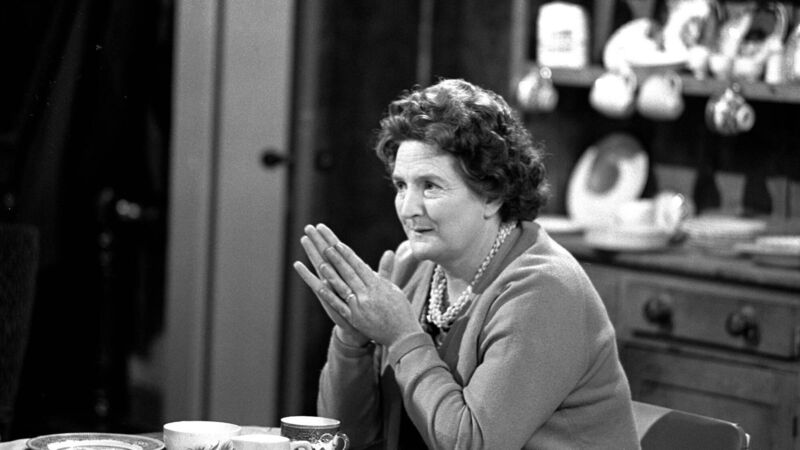Michael Moynihan: Adultery and pregnancies — why we need 'Southside' on our screens

Moira Deady in ‘The Riordans’ (1968), a show that was set in the Midlands.
The other day I was busy with my morning stroll — which coincides with one of the routes in the much-discussed Bus Connects plan, of which more at a later date — and listening to .
This is a terrific podcast run by Aoife Bhreathnach in which she discusses books which were censored or banned at various times in Ireland, often with hilarious results (Walter Macken’s Brown , a truly wild ride, is my nomination for a future episode).












